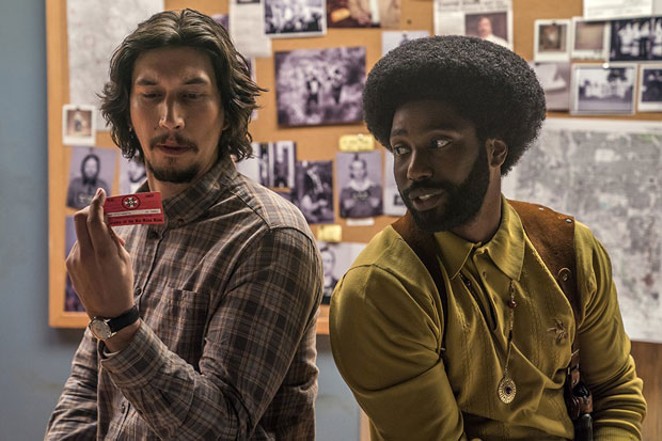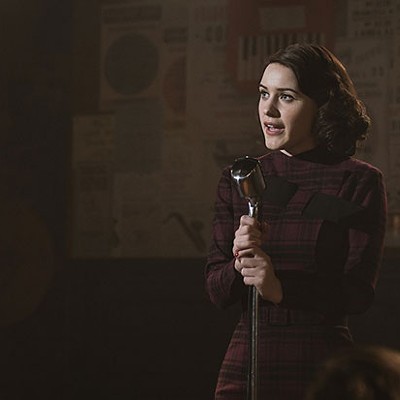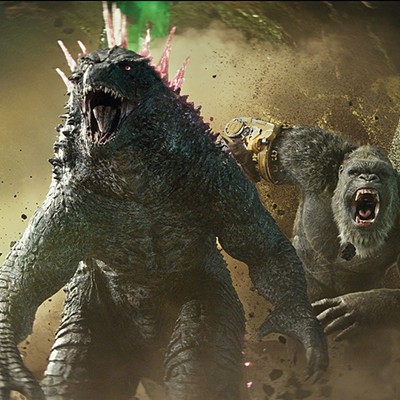There are few filmmakers with such a mastery of tone, structure and storytelling as Spike Lee. His visual style and technical adventurousness are his hallmarks—but he never lets that style overwhelm the story he's telling, even when he goes full bananas in films such as "Da Sweet Blood of Jesus" and "Chi-Raq." Since Lee came into the indie film scene in 1986 with "She's Gotta Have It," he's been a storyteller first and a technician second.
Even when his rage threatens to get the best of him, he channels that deep and painful anger into masterpieces such as "Malcolm X" and "Do the Right Thing." This is a filmmaker who has made some of the finest films of his generation, but hasn't had a critical and financial hit since 2006's "Inside Man," which is noticeably devoid of any racial or political message, only attempting to be an entertaining heist picture.
"BlacKkKlansman" is not only Lee's biggest hit since then, but it also sees him finding some of that anger left over from "Chi-Raq" and launching it at the racism inherent in 1979 America, and how it's still hanging around even as it's better hidden. John David Washington (Denzel's son) plays Ron Stallworth, the first black detective in Colorado Springs, Colo., who infiltrates the KKK with the help of Flip Zimmerman (a perfect Adam Driver).
Watching an intelligent, badass black man take on the KKK with his Jewish partner is obviously a crowd-pleasing time at the movies, but with a lot more of Lee's anger behind the lens and in the script, it could have been a wounded rallying cry for the nation. Don't get me wrong, "BlacKkKlansman" is Lee's best film since 2002's "25th Hour," but I walked out of the theater wishing he'd fought dirtier and went in for the kill.
"BlacKkKlansman" skirts controversy by softening the life of Ron Stallworth to make him more heroic. According to Boots Riley, director of this year's far-superior look at systemic racism, the real Stallworth infiltrated black radical organizations for years—and when the FBI would attempt to infiltrate white hate groups, it wasn't to disrupt them, but instead to use them to attack the radical minority organizations. This is a man who worked with CoinTelPro for years, either directly or indirectly, leading to the death of many people of color.
In Riley's "Sorry to Bother You," he succinctly nails the point home by saying: "The directive was to stop radical organizations. The white supremacists were infiltrated to be more effective tools of repression by the state. In some cases it was the undercover cops who came up with plans and literally pulled the trigger on assassinations. This happened in church bombings of Civil Rights movement associated black churches in Birmingham, the assassination of a civil rights organizer from Detroit in Selma and the Greensboro Massacre of Communist Workers Party members in 1979. This is what Ron Stallworth was helping to do, and he was doing it in that era."
Regardless of the accuracy of the story in question, "BlacKkKlansman" is still riotously entertaining, even as it reaches across the aisle and begs for the blue lives to matter as much as the black ones. The success of "BlacKkKlansman" will give Lee a chance to tell the stories he's passionate about, but let's hope we see some more of his rage against the machine and less of him buying the world a Coke.

























